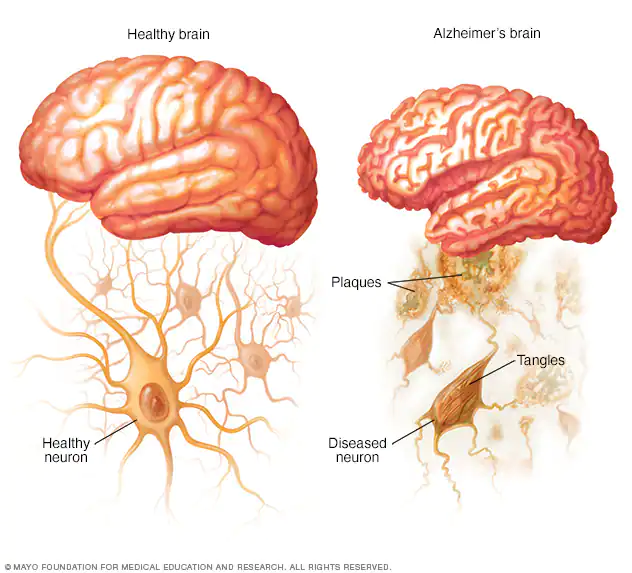
Dementia Is A Term That Refers To The Progressive Loss Of Cognitive Functions That Often Occurs In Old Age. The Most Common Form Of Dementia Is Alzheimer's Disease, Which Is A Brain Disorder Characterized By Impairment Of Memory, Attention And Personality. The Cognitive Function Of People With Alzheimer's Disease Does Not Disappear All At Once. Probably The Most Critical Functions That Are Lost In The Beginning Are Working Accuracy And Memory. In 1986, Peter Vitaliano And Her Colleagues Conducted A Two-Year Follow-Up Study On Patients With Mild Alzheimer's Disease And Found That Their Major Impairments Were Primarily In The Field Of Mental Abilities And Memory. The Extent Of These Disorders Had A Strong Relationship With The Degree Of Their Disorder Two Years Later. As The Disease Progresses Over Several Years, The Complications Of The Disorder Become More Visible. Personal Changes Often Manifest In The Form Of Less Self-Reliance, Indifference And More Isolation.
Self-Care Is Lacking And Behavioral Problems Appear, And At The Same Time, These People Are Lost And Displaced Outside The Home. In Such A Situation, They May Successively Suffer From Not Knowing The Time-Spatial Situation And Identifying People. If The Patients Have Severe Speech Impairment Or A History Of Alcoholism Or Neurological Disorders Such As Stroke Or Parkinson's Disease, This Destruction Will Be Faster.
(Causes And Treatment Of Alzheimer's Disease)
The Brains Of Alzheimer's Sufferers Contain Extensive Lesions That Are Composed Of Tangled Nerve Fibers And A Protein Called Beta-Amyloid, Which Is Produced By The Body.
There Is Evidence That It Is Possible That Genetic Defects Cause The Formation Of So Many Sediments. For Example: In A Research, Tissue Samples Kept From Many Members Of The Same Family Were Tested In Three Generations. All The People With Genetic Defects Were Also Suffering From Alzheimer's Disease And The Members Who Did Not Have These Genetic Defects Were Not Suffering From The Disease. A Gene That Is Probably Involved In The Early Onset Of This Disease Has Been Identified.
The Diagnosis Of Alzheimer's Disease Is Mainly Based On Mental Ability Tests And Physiological Symptoms, And Comparing These Cases With The Autopsy Findings Of The Brain Structure After Death Has Shown That These Results Are Correct In Nearly 90% Of The Time. Simpler And Potentially More Accurate Diagnosis Methods Are Being Developed, In Which Brain Scans And Eye Tests Are Used. To Date, No Treatment Has Been Found To Prevent Or Stop The Progression Of Alzheimer's Disease.
![]()